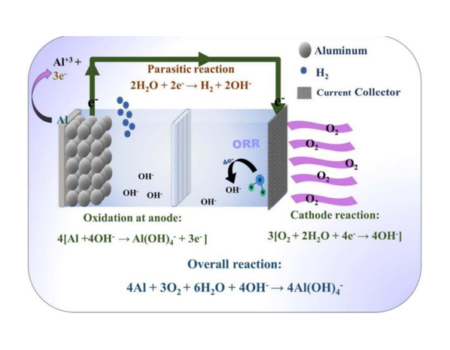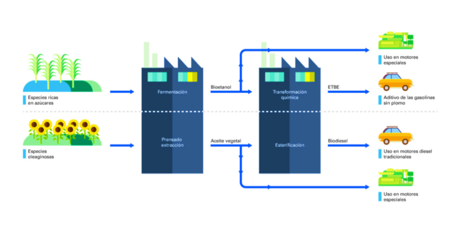
Full Time Professor
Bioengineering and Chemical Engineering Department
For many, there is nothing better than waking up to the aroma of freshly brewed coffee, and for others, it becomes the beverage of choice to maintain performance levels during the day or an excuse to meet with friends. Coffee is one of the most consumed beverages worldwide, according to the website Big cup of coffee, more than 400 billion cups are drunk annually, making coffee the second most consumed beverage after water.
The physiological effects of caffeine, the main molecule responsible for these effects, are also well known. Animal studies suggest that caffeine has neuroprotective effects and can reverse cognitive decline associated with age, chronic stress and neurodegenerative diseases, but human studies have shown mixed results. A study published this year in Frontiers in Psychiatry has called into question caffeine’s potential for neuroplasticity, which is related to learning and memory processes.
In the scientific paper presented by Vigne et al (2023), they review how chronic coffee consumption can potentially impact brain plasticity and the effectiveness of a treatment such as repetitive transcranial magnetic stimulation (or rTMS). rTMS is a theoretical technique that works through induction to decrease long-term potentiation (or LTP) by applying a magnetic field to specific areas of the brain to modulate cortical excitability. To put it in simpler terms, it is like manipulating a knob that can modulate brain activity. According to the authors, regular caffeine consumption can trigger people to experience a decrease in LTP, a process crucial for learning and memory. It is like calibrating a piano, i.e. we adjust the keys (synapses, neuronal connections) for a “better performance”.
The central question the study sought to answer was whether chronic caffeine consumption altered the brain’s ability to adapt and learn. As is known, caffeine, a stimulant present in coffee and tea, acts as an antagonist of adenosine receptors in the brain, influencing synaptic strength and plasticity in processes such as LTP. In addition, preliminary studies suggest that chronic caffeine consumption could reduce the brain’s capacity for plasticity processes similar to LTP. To carry out the study, evaluations were performed in 20 healthy individuals, separated into 2 groups: 16 people with caffeine consumption and 4 people, as a control, that is, without consuming caffeine. Although other factors such as sex and racial identity were considered, they did not influence the results.
From the results of the study, the following conclusions can be drawn:
1. The control group was small, which could lead to an overestimation of the effects.
2. Understanding the role of caffeine in the modulation of adenosine receptors as a competitive and non-selective antagonist, with particular action of A1 and A2A subtypes.
3. The receptors are deeply involved in the modulation of LTP. So if chronic caffeine consumption does limit brain plasticity, this could have significant implications not only for
Subscribe to DeepL Pro to edit this document. Visit www.DeepL.com/pro for more information.
individuals undergoing rTMS therapy but also for processes related to learning and memory in general.
While the study presents such conclusions, it also leaves open new questions such as:
1. If caffeine decreases neuronal plasticity, what does this mean for learning and memory? How does it affect those undergoing rTMS treatment?
2. The need for more comprehensive, well-designed studies that can help to understand the complex relationship between caffeine, brain plasticity and learning.
3. The development of more effective therapeutic strategies for neuropsychiatric conditions.
Finally, let’s think seriously about whether our morning cup of coffee is doing more than keeping us awake, being an excuse to meet friends, or whether it might be modifying the way our brains learn and adapt.
References:
[1] “Coffee culture lives here: Reviews + advice,” BigCupOfCoffee.com, https://bigcupofcoffee.com/ (accessed Dec. 11, 2023).
[2] “Daily caffeine intake temporarily alters your brain structure,” Big Think, https://bigthink.com/neuropsych/caffeine-brain-structure/ (accessed Dec. 11, 2023).
[3] M. Vigne et al., “Chronic caffeine consumption curbs RTMS-induced plasticity,” Frontiers in Psychiatry, vol. 14, 2023. doi:10.3389/fpsyt.2023.1137681
Images
https://images.app.goo.gl/zWZvhniLcA4D81N87




